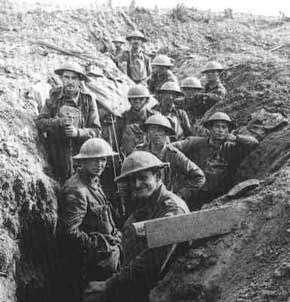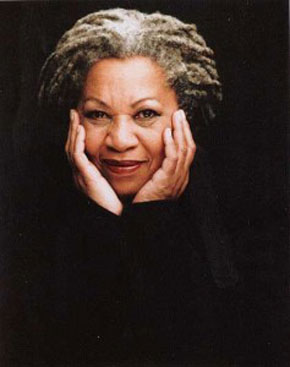William Faulkner
William Faulkner’s Absalom, Absalom! is considered one of the great novels of the 20th century. Set in the American South in the civil war period, it uses as an allegory the biblical story of Absalom (2 Samuel 13) in which a rebellious son, unwilling to accept the terms of his society, meets his downfall. In addition to its title, the story is infused with biblical themes and associations by Faulkner’s use of key words such as 'land', 'bones', 'flesh', 'dust', and 'seed'.
Ernest Hemingway
Ernest Hemingway’s novels are similarly notable for their biblical allusions. The Sun Also Rises evokes Ecclesiastes; The Old Man and the Sea (1952) has a Christ-like central character in the fisherman Santiago. Hemingway’s prose is noted for its simple and economical style: the syntax of the KJB is echoed in his sentences with parallel clauses linked simply with 'and'. For example:
'They sat on the Terrace and many fisherman made fun of the old man and he was not angry. But they did not show it and they spoke politely about the current and the depths they had drifted their lines at and of the steady good weather and of what they had seen' .
(The Old man and the Sea, p. 2)


